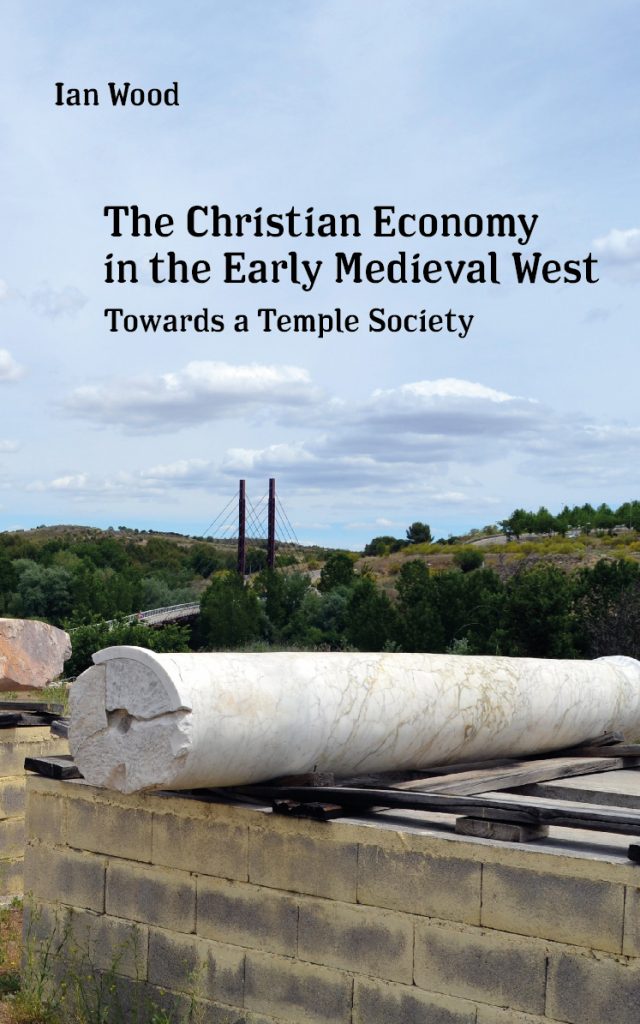The establishment of Christianity in the late- and post-Roman world caused an economic as well as a religious revolution, but while a great deal of attention has been paid to the religious developments of the period, the impact of the establishment of the Church on the economy has attracted remarkably little attention. The Christian Economy of the Early Medieval West: Towards a Temple Society examines the chronology of the Church’s acquisition of wealth, and particularly of landed property, as well as the distribution of its income, in the period between the conversion of Constantine and the eighth century.
In this book, the society that emerged as a result of the Church’s acquisition of land is interpreted by Wood in the light of the anthropological model of the “Temple Society,” a concept developed from Karl Marx’s so-called “Asiatic Mode of Production.” The emergence of a socio-economic system dominated by the Church is presented as a crucial development in the history of western Europe.



thank you for the information